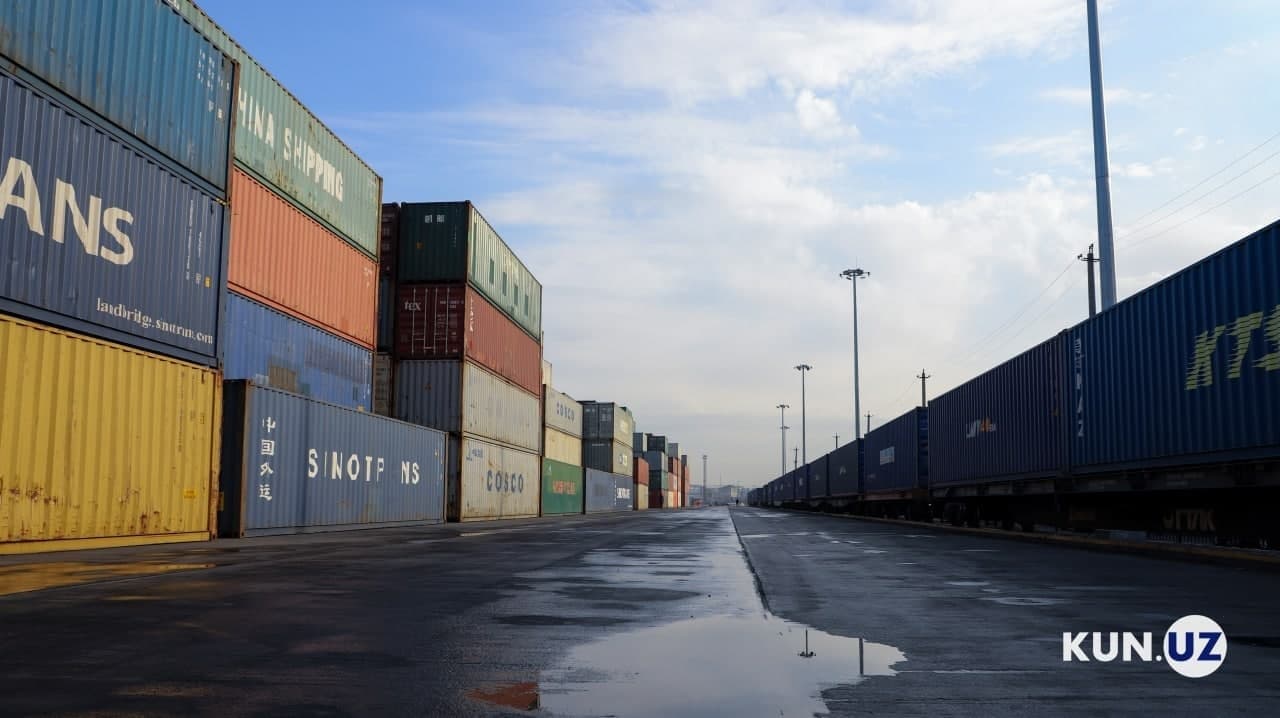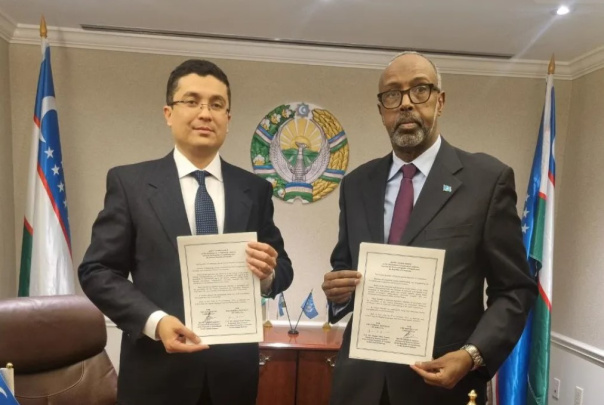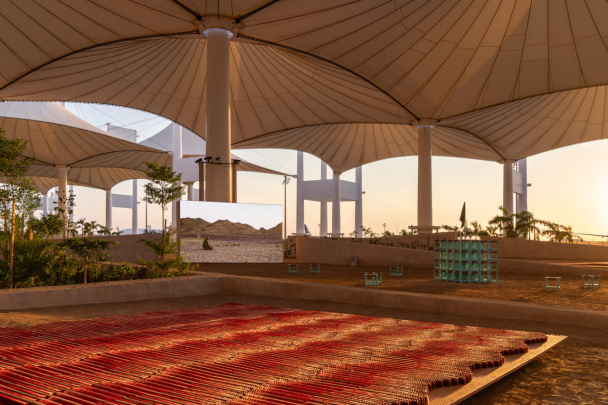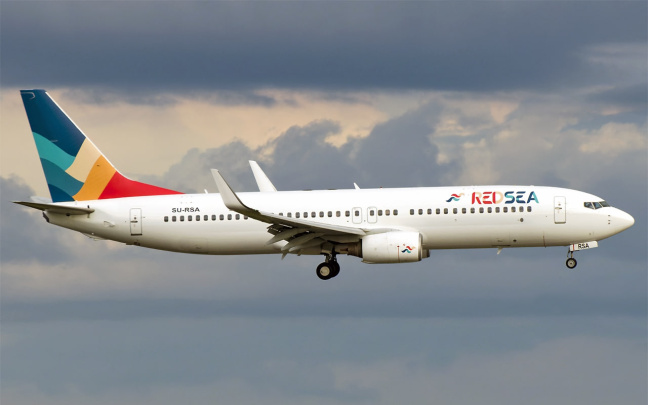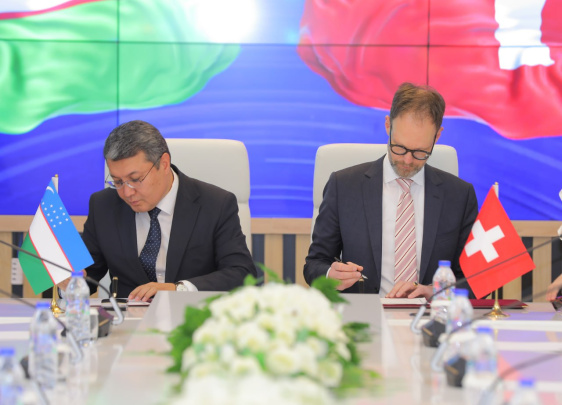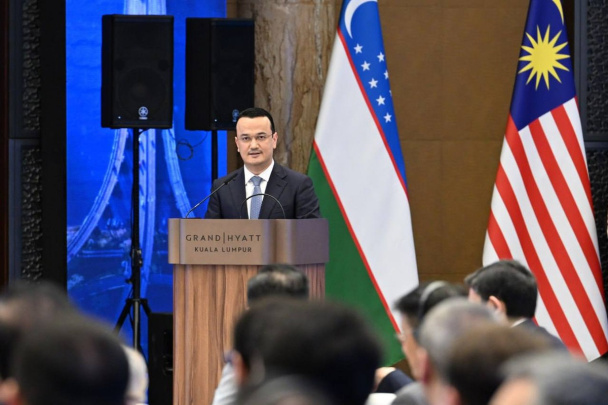According to him, the interests of the Central Asian countries are in line with the joint creation of international transport corridors and transport infrastructure, which will help reduce transport costs when supplying export products to world markets.
“One of such projects may be the construction of the Mazar-i-Sharif – Kabul – Peshawar railway, which will provide the Central Asian countries with access to the Pakistani seaports of Karachi, Qasem and Gwadar. The implementation of this project will significantly reduce the delivery time of goods to Central Asia, the CIS and Europe,” Obidov said at the annual meeting of the IDB’s Board of Governors in Tashkent.
With the full implementation of the project, the transportation of goods from Pakistan to Uzbekistan will take not 35, but 3-5 days, and the cost of transporting one 20-foot container can be reduced almost by three times, he said. At the same time, according to forecasts, the volume of cargo transportation along this route may reach 10 million tons.
In addition to the transport sector, the CA countries are interested in participating in global chains of electricity and natural gas export.
“For example, Kyrgyzstan and Tajikistan have launched the international project CASA-1000, which provides for the construction of a power transmission line to supply electricity through Afghanistan to Pakistan. The total cost of the project is estimated at $1.1 billion,” Obidov said.
In early February this year, Uzbekistan, Afghanistan and Pakistan signed in Tashkent a “roadmap” for the construction of the Mazar-i-Sharif – Kabul – Peshawar railway. The construction time for a railway with an estimated length of 600 km (with a track gauge of 1,520 mm) can be up to 5 years. The railway construction project is estimated at $5 billion.

